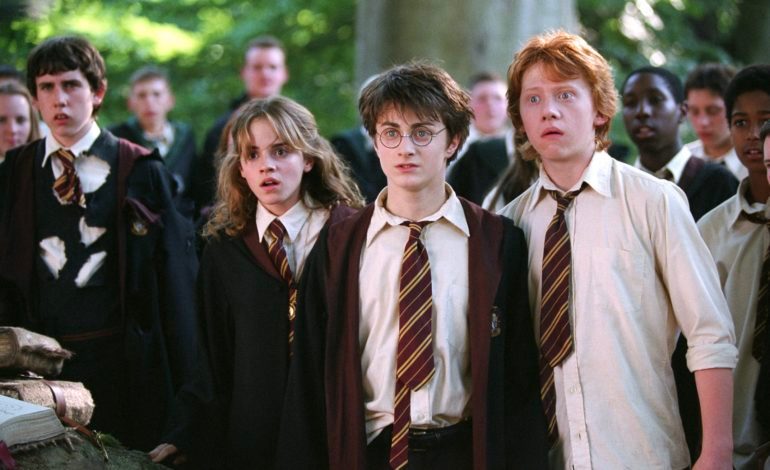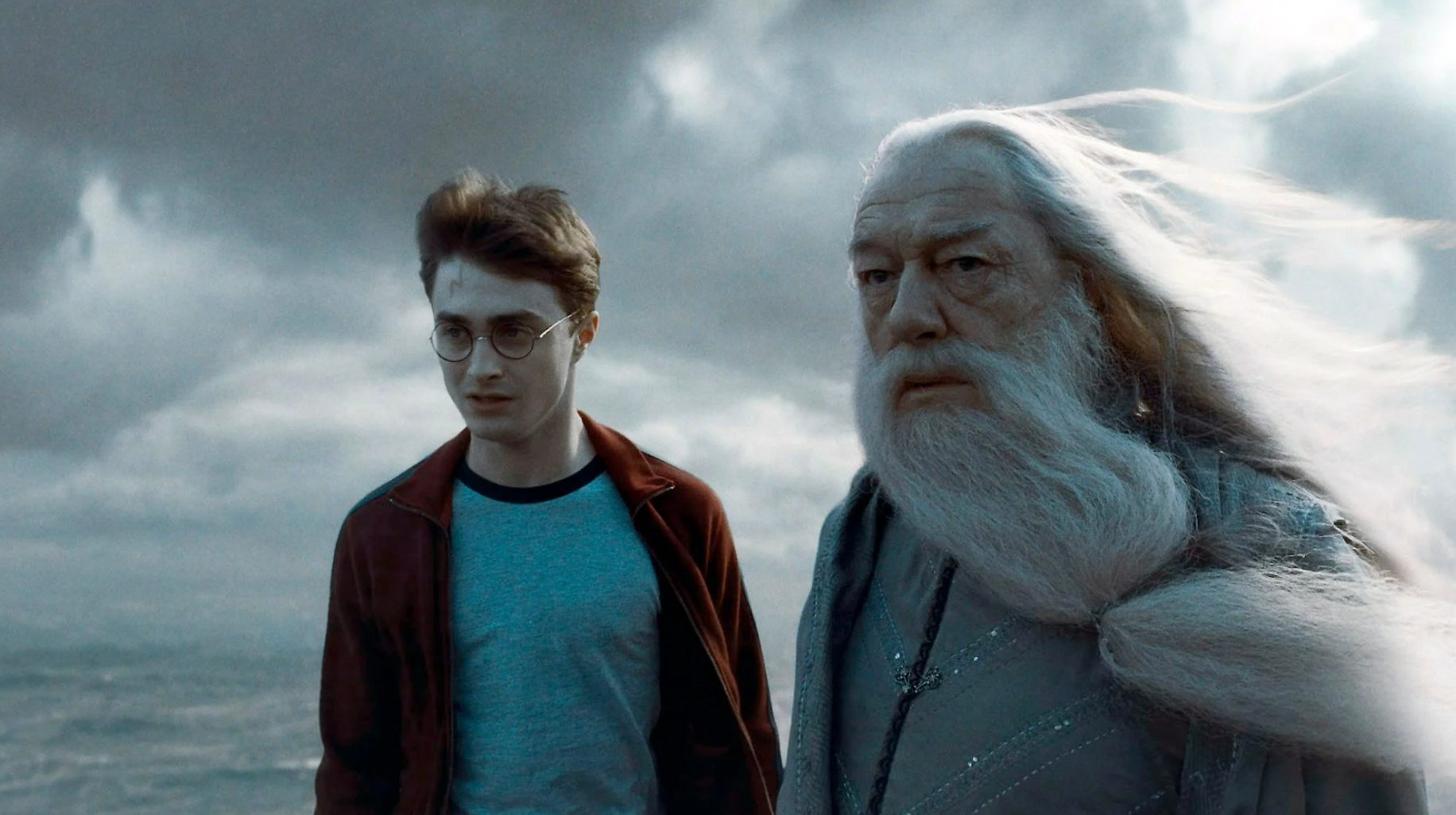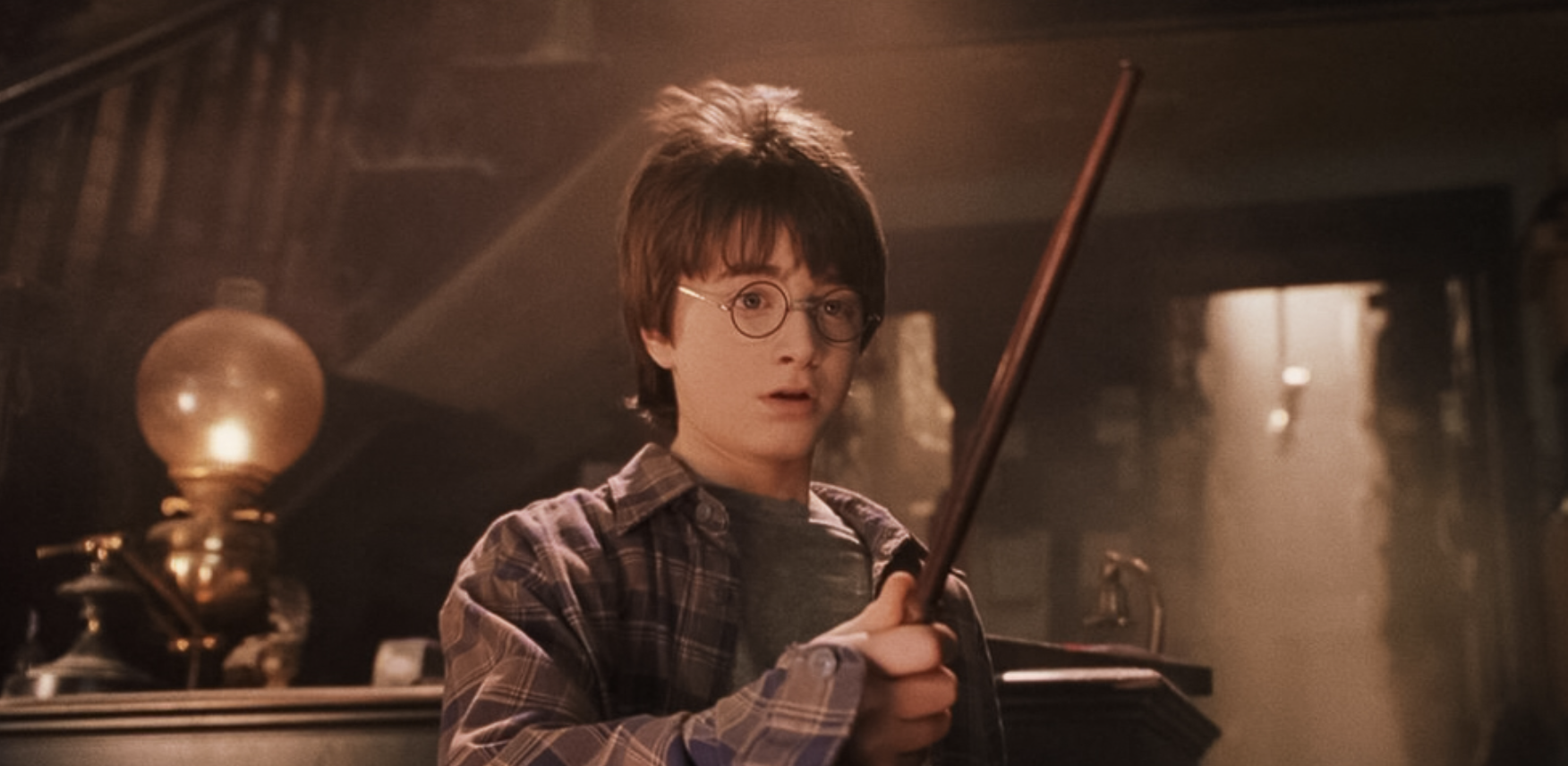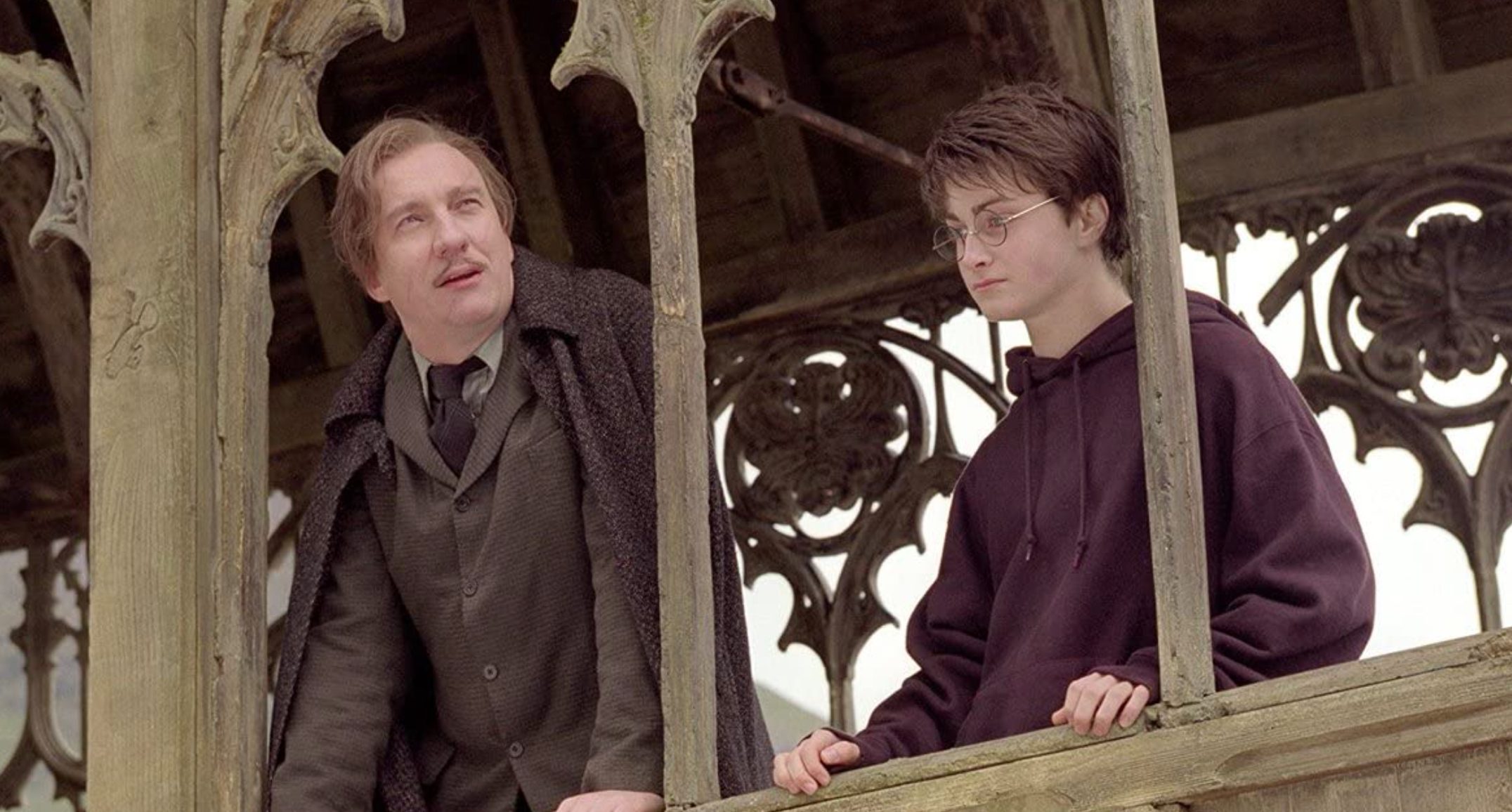

The Harry Potter series is thrilling and widely popular, so naturally everyone’s got an opinion on which of the movies are better than the rest. It has sparked contentious debate, captivated multiple generations and entertained all age groups. Of course, I couldn’t resist getting in on the action, so here is a comprehensive ranking of all eight films, from worst to first. The list has been compiled with respect to performative quality (including set pieces, acting performances and dialogue), entertainment value and adherence to the source material. Let’s begin with the lowest-ranked flick.
- Goblet of Fire
It’s year number four at Hogwarts and Harry and his friends have somehow managed to grow six inches of hair over the summer. Regardless, Goblet of Fire suffers from its gaffes and picks the wrong moments to feature, famously leaving the entire Quidditch World Cup on the cutting room floor and retaining this uncharacteristic moment from an irate Albus Dumbledore:
One of the most disappointing choices the film makes is replacing the final task’s test of wizardry and character with a phantom maze. Yes, the graveyard showdown is phenomenal and a show-stopping high point for the series, but Voldemort’s resurrection would have been much more impactful if the moment had been earned by Harry in the events that preceded their duel. Combine this with some rather stiff performances and you’ve got a baseline for the Harry Potter series.
- Chamber of Secrets
The Dursleys are as horrible as ever, the Weasley twins are endlessly amusing and while Chamber of Secrets is highly adherent to the source material, it drags in places where the first film accelerates. The second movie suffers from the franchise’s longest runtime and proves to be Christopher Columbus’ last installment as director.
Make no mistake, Kenneth Branagh is fabulous and entertaining as Defense Against the Dark Arts professor Gilderoy Lockhart, who beams and winks his way into the realm of “most insatiable supporting character” for the saga. However, there is a notable omission of magic in scenarios where incantations ought to be featured, and the film takes a long time in getting off the runway. The first two movies captured the magic of the Wizarding World in a way that the following six installments didn’t, but Chamber of Secrets skids to a sophomore slump.
- Order of the Phoenix
Voldemort is back, but Harry and his friends are the only ones who seem ready to believe it. Order of the Phoenix pounces on the latter half of the 2000’s with a bleak, raw and desperate fifth installment. Harry’s relationship with godfather Sirius Black is of utmost prominence, which is a wise choice and makes this moment all the more heart-wrenching:
Meanwhile, Hogwarts is under new jurisdiction by a simpering Ministry hag who pounces on every opportunity to control student behavior and snuff out the secrets of Dumbledore’s Army. As a result, the film has a touch of defiance that works with the source material, allowing audience members to hate Umbridge, love Sirius and root for Harry and his friends during the climax. But while director David Yates manages to put forth a more focused effort than Goblet of Fire, a few dull moments hold it back from catapulting Harry’s darkest hour into the franchise’s vaunted top five.
- Half Blood Prince
Half Blood Prince combines blushing yellows with moonlit silvers and sprinkles youthful humor with Tom Riddle’s horrifying origin story. While it falters from placing a greater emphasis on Harry and Dumbledore’s relationship rather than the man he is destined to destroy, Prince cleverly couples romance with murder and delivers a genuine last dance within Hogwarts’ magical halls.


Harry and Dumbledore spend the year examining Voldemort’s rise to power and path to immortality.
However, it fails to accomplish the same sense of mortal peril that is all too evident in the book itself. Rather than lingering on Harry’s suspicion of Malfoy and his reclusive behavior, it focuses instead on offering the characters one last glimpse of normal student life. While this makes for an entertaining watch, it falls short on establishing truly terrifying stakes ahead of the final two films.
- Deathly Hallows: Part One
Deathly Hallows: Part One is strangely underrated by fans and casual viewers alike. It’s the first departure from Hogwarts, and the focus is that much greater on the thoughts, fears and motivations of Harry, Ron and Hermione. The strains and sacrifices experienced by the trio are believable, and one cannot escape the feeling that Ron’s departure is permanent and scarring for the other two.
After the fourth movie, the tone of the fifth and sixth installments are surprisingly relaxed, considering the outside threats and paranoias pervading our protagonists and the greater Wizarding World. Deathly Hallows: Part One thrusts viewers into a setting that is uncomfortable for them and the characters alike, and it should be applauded for taking such leaps and delivering action-packed sequences at the very same time. As an aside, the choice to animate the Tale of the Three Brothers is a brave departure for a penultimate film and is as inventive as it is entertaining. It is a swift departure from the noticeably grey and dismal scenes engulfing the war-riddled Wizarding World, and Part One is all the better for it.
- Sorceror’s Stone
Harry discovers the true nature of his past and enters an unknown Wizarding World where cloaks grant invisibility, sports are played on broomstick and three-headed dogs can be put to sleep with a bit of music. Director Christopher Columbus delivers a brilliant first installment, bursting with enthusiasm and breathtakingly dangerous obstacles throughout an action-packed third act. What’s more, the plot is comfortably breezy and scenes are routinely doing two things at the same time. All the elements are there for a triumphant first year at Hogwarts.


Harry discovers magic, friendship and a life beyond his wildest dreams at Hogwarts.
Let it also be said that Sorceror’s Stone introduced millions of fans to the magnificent Harry Potter universe, and it works as an ambitious first film. The exposition is quick and entertaining, and the magical world appears more and more inviting as each character is afforded a memorable introduction. Dumbledore radiates mysticism, Snape is perfectly unassuming and audiences are swept alongside Harry’s first adventure with the pace of a particularly exhilarating Quidditch match.
- Deathly Hallows: Part Two
Deathly Hallows: Part Two fires on all cylinders and refuses to disappoint, satisfying astronomical expectations and supplying the Battle of Hogwarts with tremendous stakes. It features the best of every emotion and completes every arc with grace, from Neville’s heroism to Snape’s death to Voldemort’s demise. The action builds and builds and builds until two men are standing on opposite ends of a decaying courtyard, wands in hand and worldviews at odds – you feel the satisfaction and emotional weight of Harry’s story coming to a close. For these reasons, Part Two delivers a satisfying conclusion to the Harry Potter saga and justifies splitting the final book into two feature films.
- Prisoner of Azkaban
As Harry matures, so do his challenges as outside threats close in and dementors bring back terrifying scenes from his past. In this way, Prisoner of Azkaban favors new director Alfonso Cuarón, who wastes no time in adopting a sleeker, more adult take on the Wizarding World. The cinematography is also beautiful, featuring sweeping views of Hogwarts and hosting poignant sequences in sundrenched bridges, moonlit atriums and freezing lakesides. Audiences can truly feel this world, and Cuarón strikes the perfect balance between whimsy, darkness, magic, and complex storytelling.


Prisoner of Azkaban showcases a strong bond with Remus Lupin, who fills a father figure role for young Harry.
Above all else, though, Prisoner of Azkaban earns the top spot for establishing a winning formula in the face of increasingly lengthier novels. Only that which affects Harry’s character is retained, and the rest is shelved for palpable tension, character development and threats that are established early on. Cuarón isn’t afraid to tinker with the details and showcase every last wrinkle of the Wizarding World. It all comes together in a film that stands head and shoulders above the rest and (finally) captures the magic of the books.
Mischief managed.
